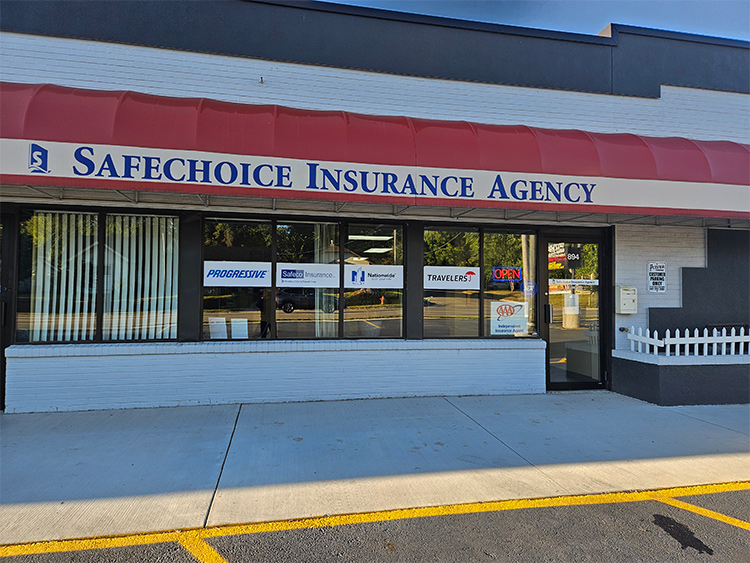


Let’s Start a Quote
Select the type of insurance & see how much you could save with Safechoice!
Start Quote
Safechoice Insurance Agency is all about Excellent coverage, First class service and Great price! Since 2004, we have provided insurance service in Minnesota and Wisconsin. As an independent insurance agency with access to several premier insurance carriers, we are your one stop insurance agency for all of your insurance needs.
Because insurance isn't a one size fits all, we custom build insurance policy to fit your needs. We work hard to build long-term relationships with our clients, providing you with professional advice, policy reviews, and recommendations that match your changing needs over time. Learn more about us
Office hours:
8:30 A.M. to 5:00 P.M. (Monday - Friday)
Evenings and Weekends by appointment
894 7th St. NW
Rochester, MN 55901
Phone: 507-280-9282
Fax: 507-280-8230
Text: 507-707-8348
Email Us
 Phone: 507-280-9282
Phone: 507-280-9282 Email an Agent
Email an Agent Contact
Contact Do you know Insurance companies use very complex metric "factors" to calculate your level of risk to rate your insurance premiums? Your credit score, prior insurance coverage, prior insurance company, claim history, driving records, address, year and make of your car, age, gender, marital status are some examples. Some of the factors you don’t have any control of, but others you do. Here are a few things you can do to help lower your insurance premiums:
Phone: 507-280-9282
Text: 507-707-8348
Fax: 507-280-8230
Email:Email Us
Address: 894 7th St. NW
Rochester, MN 55901
















